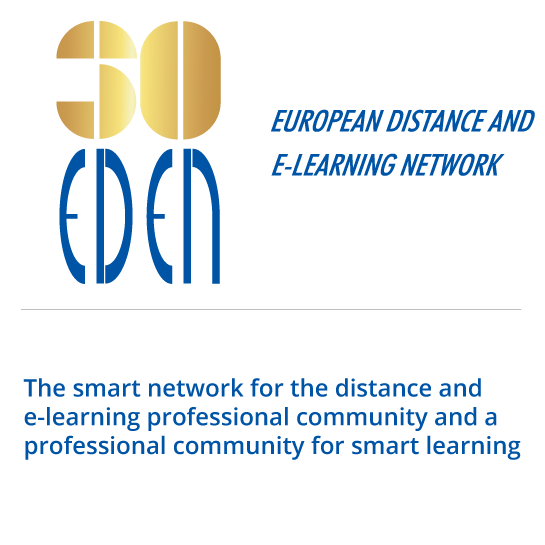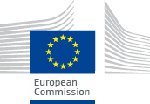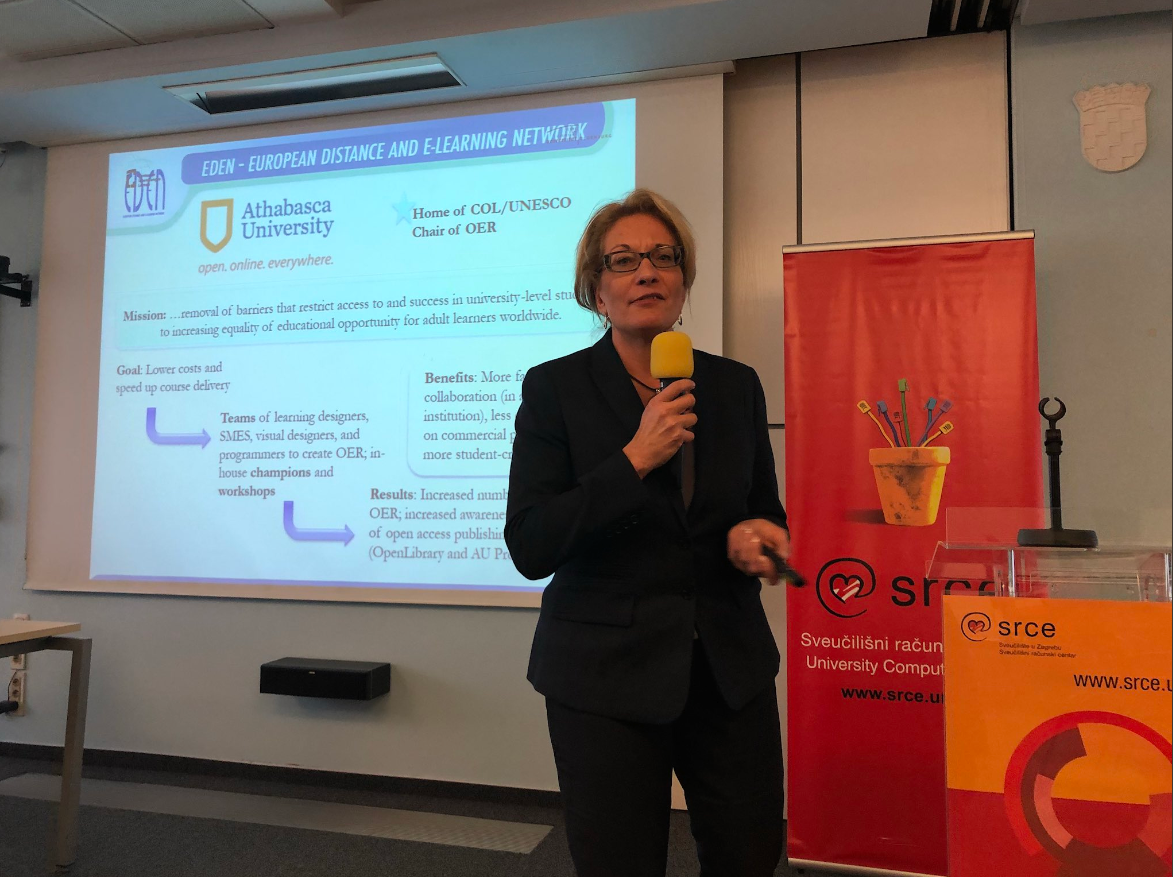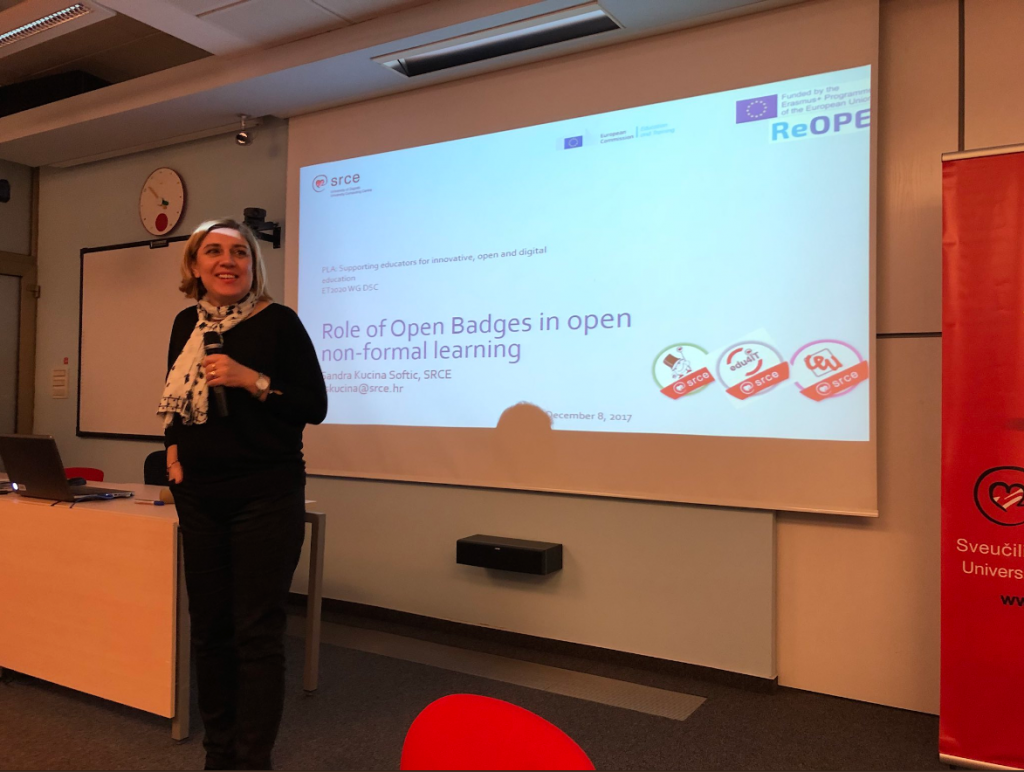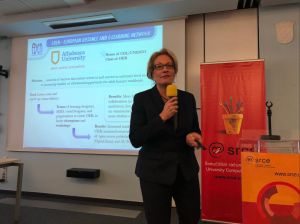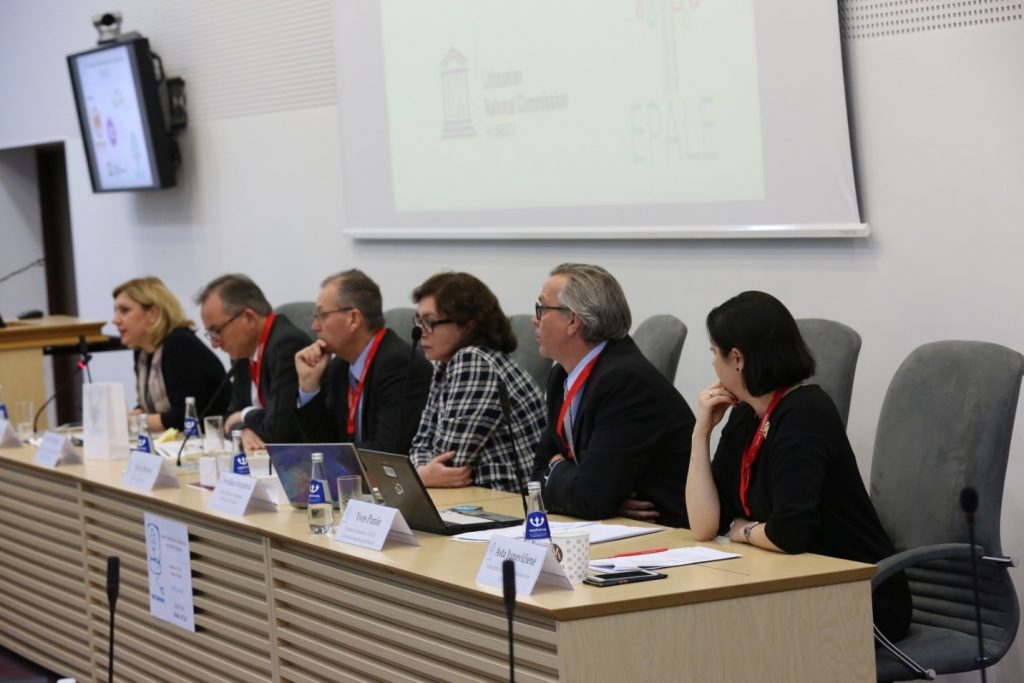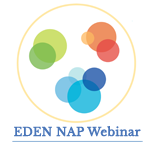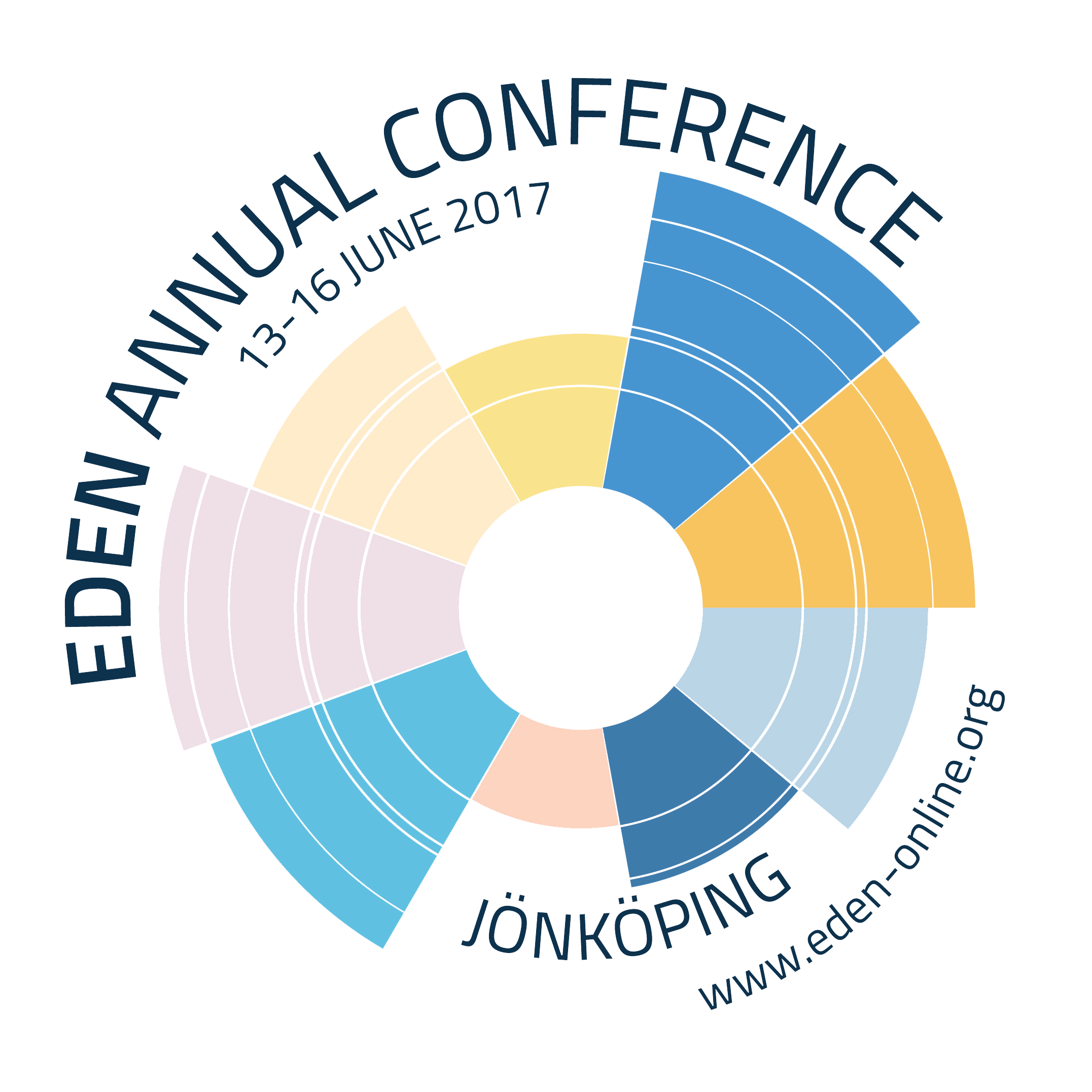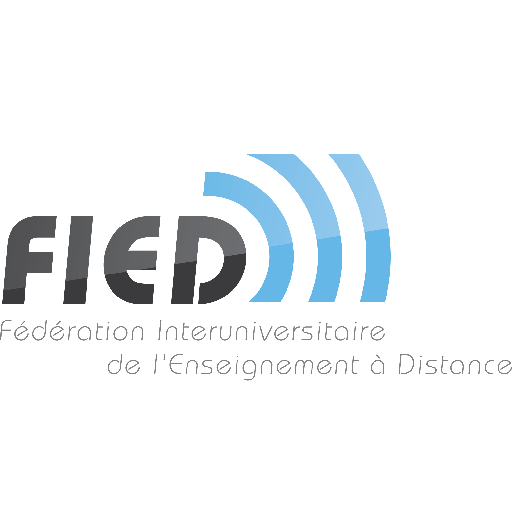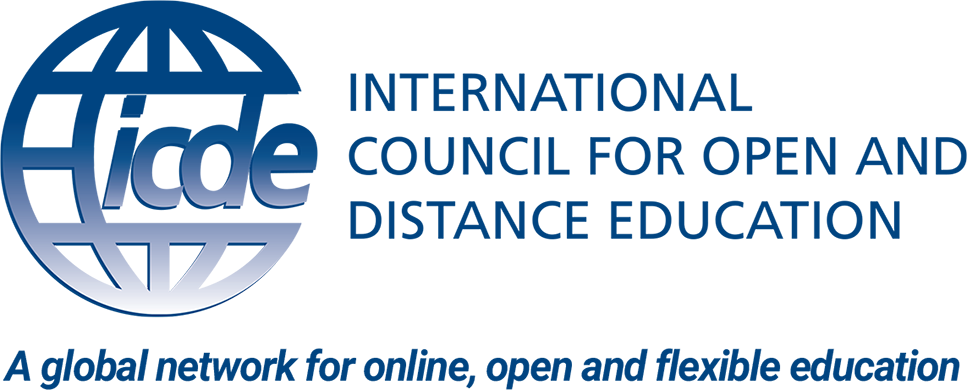During the EADTU 2017 General Assembly, Alejandro Tiana Ferrer, Rector of UNED, Spain was elected for the next term as President of the Association. Airina Volungeviciene, EDEN President congratulated Professor Ferrer, emphasizing in her welcome message:
“EDEN has an active policy of co-operation and partnerships with fellow associations in the field. This has also been the case of EADTU with which we have had excellent relations on Presidential and Board levels in the past years and have been discussing a number of significant initiatives. I am confident that the good atmosphere and openness that characterised these discussions will allow us to reach more important results.”

